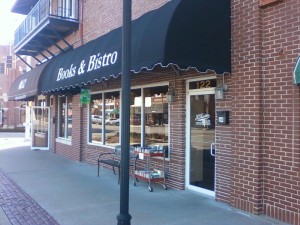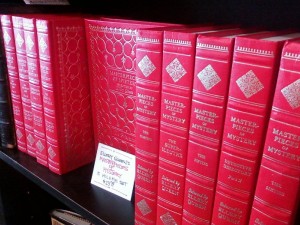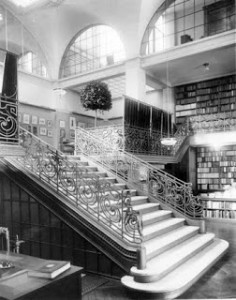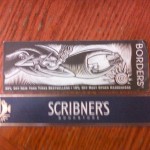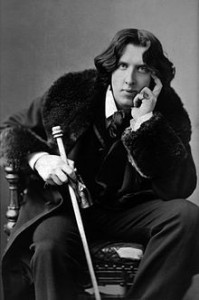Sunshine. Blue skies. Looking down the sidewalk, I see a number of my merchant neighbors with their doors propped open, enjoying the scant breeze. I don’t mind the cliché about the weather in Oklahoma, you know – the one that advises those who don’t like the weather here to just wait a minute. It’s refreshing – in every sense of the word – to have a rainy, dreary day that was topped off with a brief snowfall followed by such a bright day that it might be the meteorological opposite of its predecessor.
So nice outside, it compelled me to grab the spray bottle and wash the front door glass. So nice outside, it called for a new snapshot of the storefront. It’s a regular play-hooky day, but I better stay put for those book emergencies that pop up of an afternoon.
Since I was here instead of playing outdoors, I was able to field a question:
Nice lady: How does this work?
Me, holding a book: This front part opens, revealing the words inside, fresh and ready for reading.
I’m kidding. A lot of folks wonder about the mechanics of a used book store and things like trade credit. The nice lady had come across a tag inside one of the books that stated: Not available for Trade Credit.
Unlike some used book stores, most books here at the shop go out as a result of a cash or credit card transaction. I have a few trade accounts, although not too many. My selling rationale is pretty simple: If I pay cash for a book, I have to sell it for cash. The light company won’t take used books to settle the monthly utility bill. And there it is.
There is a great selection of the inventory available for those who bring in used books, and there are no policies here that are etched in stone.
Some feature selections – those books propped up on easels or displayed in the cases in the front of the shop – are also reserved for non-trade transactions. Some are new, unread copies. Others are harder-to-find, collectible, or specialty items. The set in the image is an example. The volumes are beautifully bound and kept, with ornate gilt embossing.
The set is edited by Ellery Queen, but of course they weren’t really. There wasn’t really an Ellery Queen. Two cousins from Brooklyn made up the character and then used the persona as a penname to write detective stories. Keep up here: the character Ellery Queen is a mystery writer and editor. In the stories. In real life, the Ellery Queen on the spine of the books was the pseudonym of Daniel Nathan and his cousin Manford Lepofsky.
You can see why they chose to write under a different name.
In this ten volume set, the fictional editor has selected classic detective stories from different eras and a range of authors and set them off in a fine-binding affair that certainly stands out in a bookcase.
Great stories. Fantastic price.
No mystery about that.
McHuston Booksellers & Irish Bistro: in the Rose District
122 South Main Street, Broken Arrow, Oklahoma
